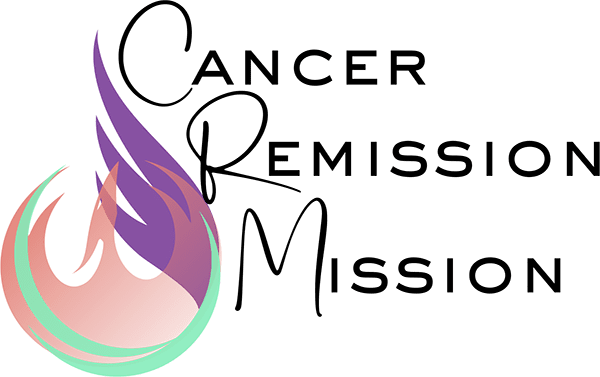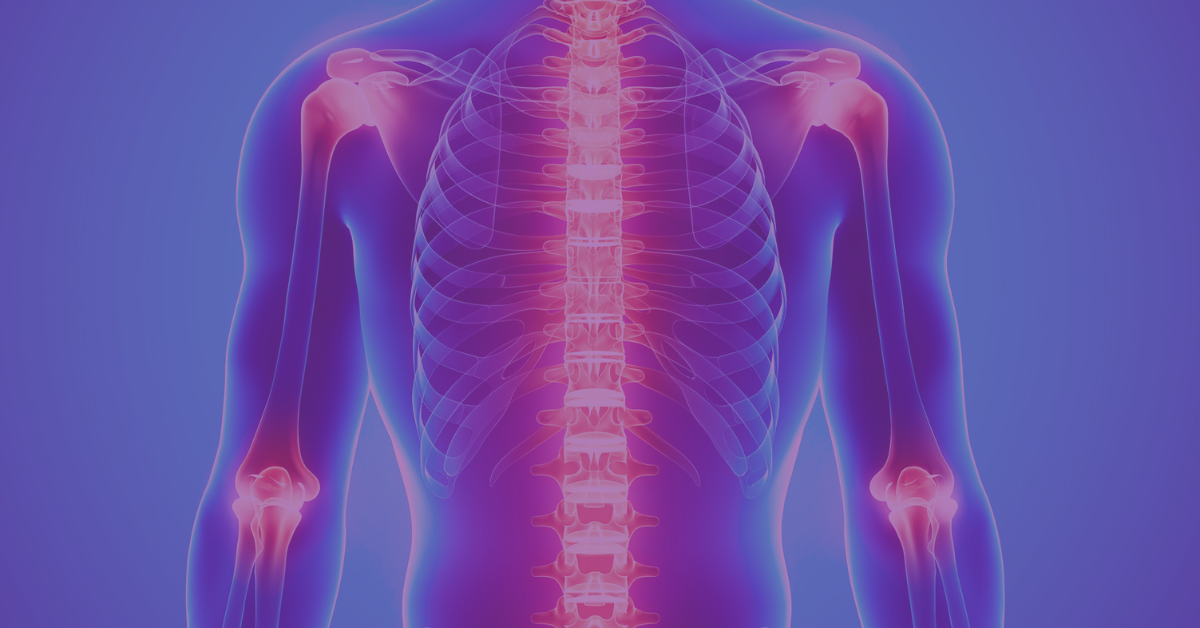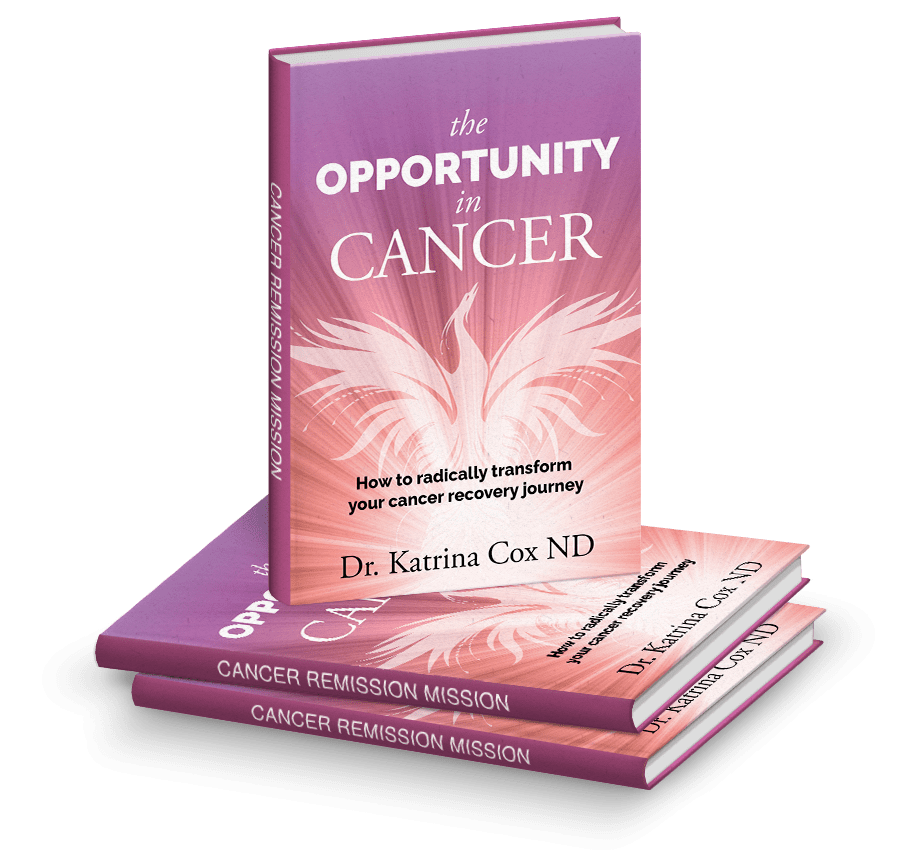Are you ready to get your mustache on? ‘Cause it’s Movember, the men’s health awareness campaign that takes place every November. Started in 2003 by two friends in Australia, Movember has taken the world by storm, becoming a global phenomenon. Individuals sport mustaches throughout the month in support, and to raise funds for men’s health – specifically prostate cancer, testicular cancer, mental health and suicide prevention. So, to show some Movember love, we are covering these important cancers. In this post, we will touch on recovery for testicular cancer survivors.
Testicular cancer impacts 1 in 250 men in their lifetime and most often between the ages of 18 and 35. Although less common than other cancers, treatment can leave many lasting side effects that impact a man’s health and wellbeing, which can be profound given the young age of many survivors. Treatment for this type of cancer may include Chemotherapy, radiotherapy and surgery to remove the affected tissue – leaving lasting side effects and concerns for many.
In this video, Dr. Cox shares her perspective on some of the most common questions from testicular cancer survivors, which include:
- What are the recommended maintenance therapies for testicular cancer survivors, and what should you know about them?
- What can testicular cancer survivors do to help reduce the risk of recurrence?
- How can those recovering from testicular cancer find body confidence again?
Dr. Cox shares her insights into using blood markers, such as ESR (erythrocyte sedimentation rate) and CRP (c-reactive protein) which monitor inflammation and tumour growth markers like Alpha fetoprotein (AFP), human chorionic gonadotropin (Beta-hCG), and Lactate Dehydrogenase (LDH). She also shares her perspectives on nutritional deficiencies post treatment, and addresses things like vitamin D and B12 levels to help recover energy and improve long term health.
Finally, be sure to watch through to the end of the discussion to hear Dr. Cox’s experience helping individuals recover body confidence after treatment, addressing issues like low energy and muscle loss due to low testosterone, which can be of particular concern if there has been surgical removal of a testicle.
This discussion is a great overview for anyone navigating survivorship after testicular cancer. To dive in further, grab a copy of Dr. Katrina’s book “The Opportunity in Cancer” .
And…if you’re wanting to explore our other Movember topic, Prostate Cancer, you can check it out here.
This discussion is a great overview for anyone navigating survivorship after testicular cancer. To dive in further, grab a copy of Dr. Katrina’s book “The Opportunity in Cancer”.
Are you ready to get your mustache on? ‘Cause it’s Movember, the men’s health awareness campaign that takes place every November. Started in 2003 by two friends in Australia, Movember has taken the world by storm, becoming a global phenomenon. Individuals sport mustaches throughout the month in support, and to raise funds for men’s health – specifically prostate cancer, testicular cancer, mental health and suicide prevention. So, to show some Movember love, we are covering these important cancers. In this post, we will touch on recovery for testicular cancer survivors.
Testicular cancer impacts 1 in 250 men in their lifetime and most often between the ages of 18 and 35. Although less common than other cancers, treatment can leave many lasting side effects that impact a man’s health and wellbeing, which can be profound given the young age of many survivors. Treatment for this type of cancer may include Chemotherapy, radiotherapy and surgery to remove the affected tissue – leaving lasting side effects and concerns for many.
In this video, Dr. Cox shares her perspective on some of the most common questions from testicular cancer survivors, which include:
- What are the recommended maintenance therapies for testicular cancer survivors, and what should you know about them?
- What can testicular cancer survivors do to help reduce the risk of recurrence?
- How can those recovering from testicular cancer find body confidence again?
Dr. Cox shares her insights into using blood markers, such as ESR (erythrocyte sedimentation rate) and CRP (c-reactive protein) which monitor inflammation and tumour growth markers like Alpha fetoprotein (AFP), human chorionic gonadotropin (Beta-hCG), and Lactate Dehydrogenase (LDH). She also shares her perspectives on nutritional deficiencies post treatment, and addresses things like vitamin D and B12 levels to help recover energy and improve long term health.
Finally, be sure to watch through to the end of the discussion to hear Dr. Cox’s experience helping individuals recover body confidence after treatment, addressing issues like low energy and muscle loss due to low testosterone, which can be of particular concern if there has been surgical removal of a testicle.
This discussion is a great overview for anyone navigating survivorship after testicular cancer. To dive in further, grab a copy of Dr. Katrina’s book “The Opportunity in Cancer” .
And…if you’re wanting to explore our other Movember topic, Prostate Cancer, you can check it out here.
This discussion is a great overview for anyone navigating survivorship after testicular cancer. To dive in further, grab a copy of Dr. Katrina’s book “The Opportunity in Cancer”.




